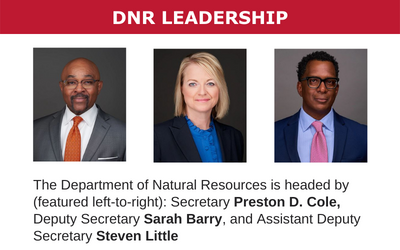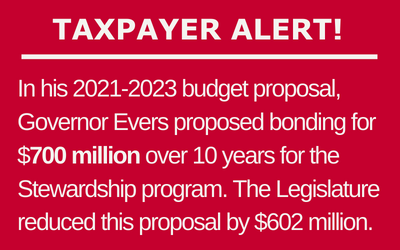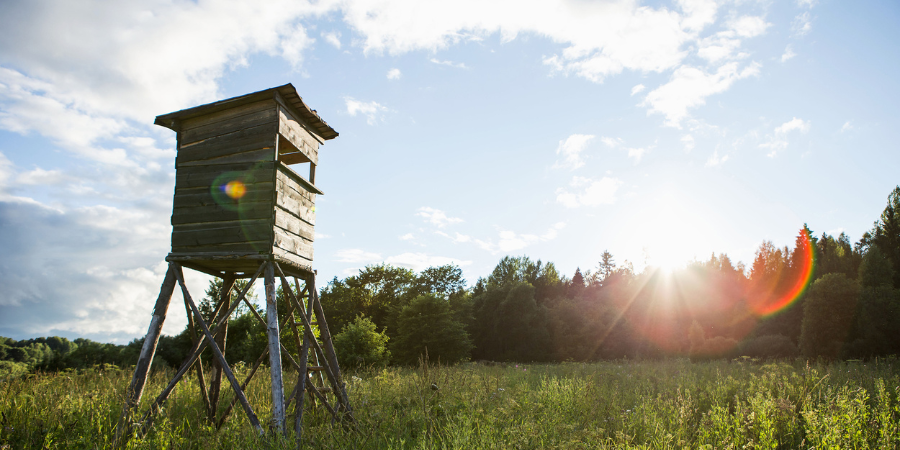Click here for a printable version of our report or read the full version below.
State Agency Fast Facts:
The Department of Natural Resources (DNR) is headquartered in Madison, but has regional offices around the state. The Department has regulatory oversight over air, water, forestry, and land. They also oversee hunting, fishing, and trapping in Wisconsin.
The Department’s regulatory policy is driven by the Natural Resources Board. The Board consists of seven citizen members who are appointed by the Governor with the advice and consent of the Senate.
The Department of Natural Resources budget is $1,123,081,300 for the 2021-2023 biennium. DNR employs 2,510 employees.
Did you know?
Hunting is a big deal in Wisconsin! Annually:
- 895,000 people hunt in Wisconsin.
- Hunters spend $2.5 billion and generate nearly $4 billion in economic activity.
- 34,000 jobs and $1 billion in wages.
- Hunters generate $228 million in state taxes.

Reform History:
In 1967, Gov. Warren Knowles established the Kellett Commission, to study the reorganization of state government. The current DNR was created through the 1967 merger of two Wisconsin state agencies: The Conservation Department and The Department of Resource Development.
The Department of Natural Resources was governed by a board that appointed the secretary until Governor Thompson made it a cabinet agency with a Governor appointed secretary starting in 1995.
In 2011 the Sporting Heritage Council was created via Wisconsin Act 168 to advise the Governor, the Natural Resources Board and the Legislature on fishing, hunting and trapping issues. The council consists of 12 appointees, who have three-year terms. The Council focuses on the recruitment, retention, and reactivation of anglers, hunters, and trappers. It strives to increase access to resources and outdoor opportunities to all Wisconsin residents and visitors.

Keep an Eye on…
Wisconsin’s history is rooted in mining. Recently, experts and businesses in the mining industry have again started to take a look at locations in northern Wisconsin that hold vast amounts of mineral deposits. If the mining industry could be revitalized, these deposits would prove to be incredibly valuable in today’s global marketplace. Wisconsin has an opportunity to be a world-leader in mining and mineral development.
Close Call:
In April 2020, at the beginning of the pandemic, Governor Evers ordered the DNR to close 40 state parks. These parks had quickly become a lifeline for many Wisconsinites feeling stress from the COVID-19 lockdowns put in place by the Governor. Luckily, the public outcry from people across the state required the Governor to reverse his order within weeks.
IRG Wants to Know:
If you were in charge for a day, what reforms would you make to the UW? Email Alex Ignatowski, IRG’s Director of State Budget and Government Reform, at [email protected].

